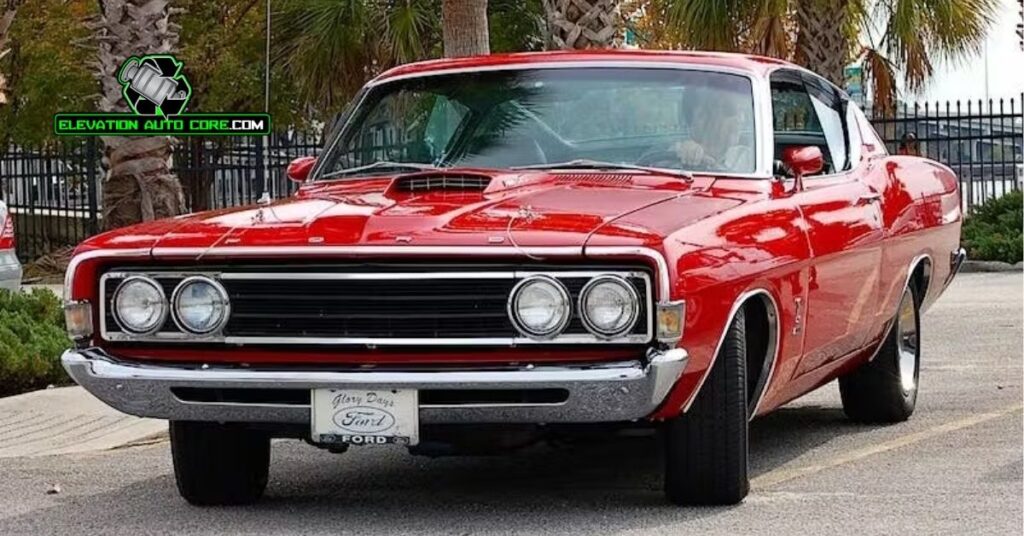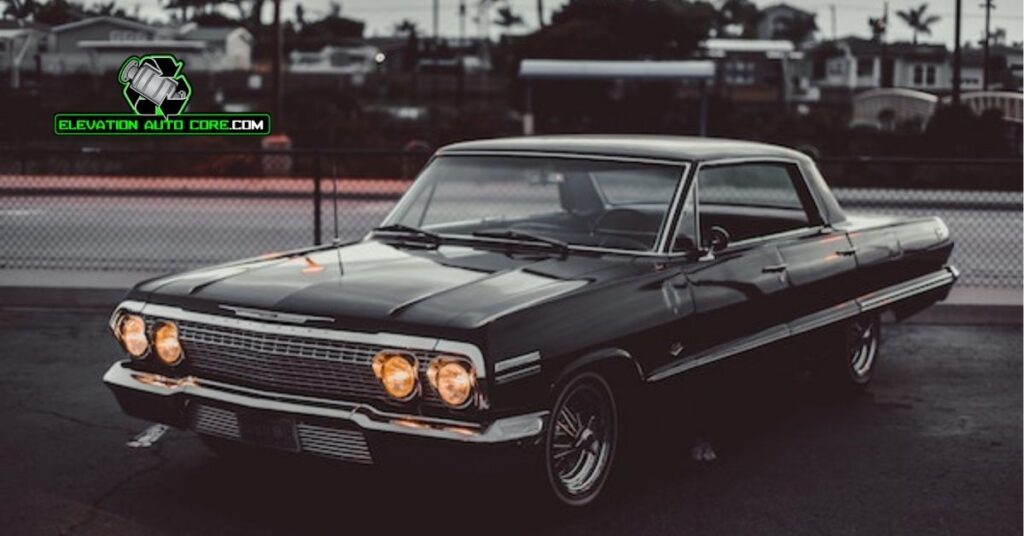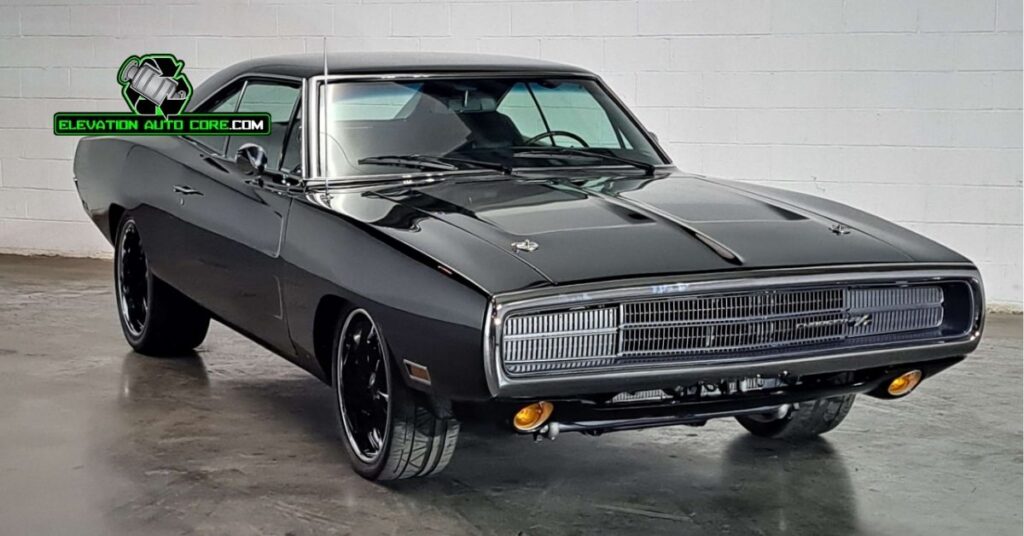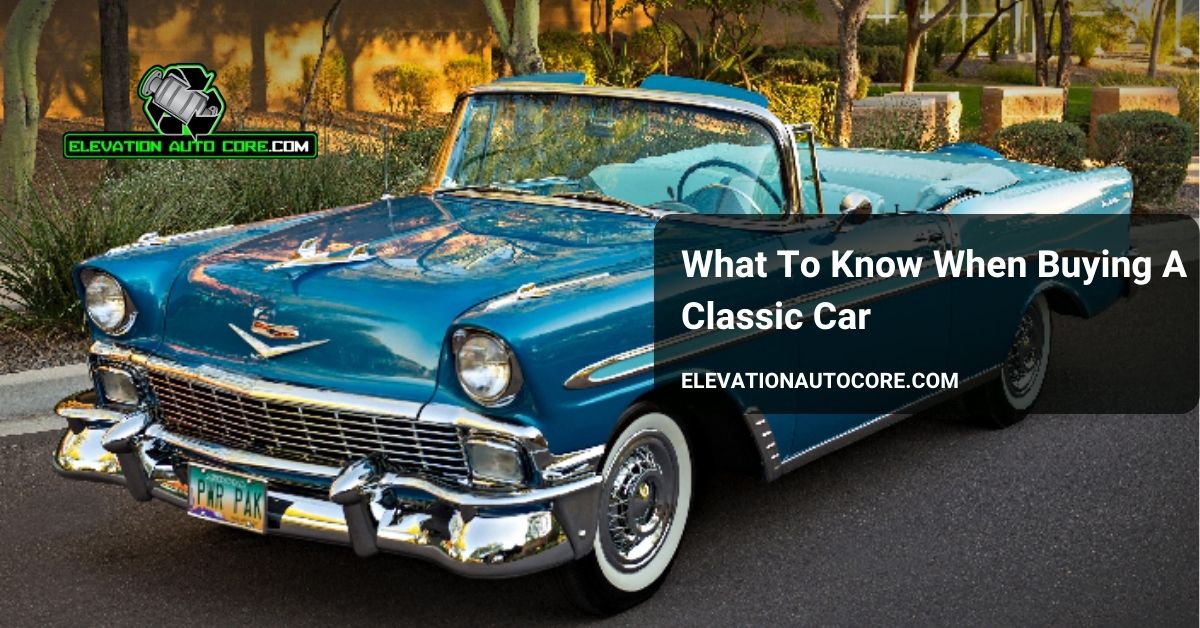What’s the key to making a smart investment when buying a classic car? Whether you’re drawn by nostalgia or the thrill of owning a piece of history, purchasing a vintage vehicle requires more than just a love for timeless design. From understanding market trends to assessing a car’s condition, there’s a lot to consider before sealing the deal. Keep reading to ensure your dream car doesn’t turn into a costly regret.
Why Buy A Classic Car?

Owning a classic car offers more than just transportation; it embodies history and craftsmanship. These vehicles often represent iconic designs and engineering milestones that modern cars lack. Adding one to your collection could also serve as a tangible investment.
Some classic cars appreciate significantly in value over time when properly maintained. The rarity of certain models, like a 1967 Shelby GT500, can attract both collectors and enthusiasts. Choosing the right car requires understanding its market demand and historical relevance.
Driving a vintage vehicle delivers a unique experience that current cars may never replicate. The analog controls, distinct engine sounds, and timeless styling create a sense of nostalgia. Enthusiasts often pursue this connection to past automotive eras.
Participation in car shows and classic car communities allows you to share your passion. These events provide opportunities to showcase your car while learning from fellow collectors. Captivating in such activities strengthens your appreciation for classic automobiles.
When stored and insured correctly, a classic car becomes a rewarding long-term asset. Maintenance costs vary depending on the model, but preserving its originality enhances both value and authenticity.
Key Factors To Consider

When buying a classic car, focusing on exact factors ensures a smart investment. Evaluating these elements can save you future financial and emotional setbacks.
Budget And Hidden Costs
Set a realistic budget before starting your search. A purchase price is just the beginning; restoration, ongoing maintenance, and repair costs can quickly add up. Allocate funds for hidden expenses, like replacement parts and professional services. Consider storage fees, especially if the vehicle requires a climate-controlled environment. Getting classic car insurance often comes at a premium, so include this in your overall financial plan.
Authenticity And Documentation
Demand thorough documentation to confirm the car’s authenticity. Matching serial or VIN numbers with factory records determines if the vehicle is original. Ask for maintenance records, receipts, or restoration logs that provide a clear ownership and service history. Genuine parts and unaltered components increase collectible value. Third-party authenticity inspections help verify the car’s originality, especially in high-value models.
Market Value And Trends
Research current market trends to understand the car’s value. Rarity, historical significance, and demand heavily influence pricing. Analyze recent sales data on marketplaces, auctions, or enthusiast platforms for comparable models. Look into potential appreciation factors if you’re buying with investment in mind. Avoid overpaying by comparing offers and consulting industry guides or appraisers. Classic cars tied to cultural moments or limited production runs often hold strong market appeal.
Inspection Tips For A Classic Car

Thorough inspections help ensure you’re making a smart investment when buying a classic car. Paying attention to details can save you from costly issues later.
Assessing Exterior And Interior Condition
Start by closely examining the body for any signs of rust, dents, or uneven panels. Look for mismatched paint, which might indicate prior repairs or replacement parts. Open and close doors, trunks, and hoods to check alignment and functionality.
Inspect the interior for wear on seats, carpets, and trim. Original upholstery increases value, so confirm if materials are authentic. Test gauges, switches, and lights to ensure electrical systems function properly. If the car has modern upgrades, verify they’ve been professionally installed.
Engine And Mechanical Checks
Determine if the engine is in good working condition by checking for leaks or corrosion under the hood. Listen carefully when the engine runs to catch unusual noises like knocking or misfiring. Confirm the numbers on the engine match the car’s original serial records to verify authenticity.
Examine essential mechanical components like the transmission, brakes, and suspension. Ensure smooth gear shifts and look for steady brake pressure while testing. If possible, bring a trusted mechanic to identify hidden mechanical issues.
Verifying Mileage And Maintenance History
Review the odometer reading to compare its mileage with the car’s age. Unusually low mileage might mean lengthy storage, which can degrade engine parts if improperly maintained. Verify consistency between claimed mileage and service records.
Request maintenance documentation, including receipts or logs for repairs and part replacements. Ensure routine tasks like oil changes and engine tuning were done on schedule. A well-documented history reflects better care and contributes to long-term reliability.
Where To Buy A Classic Car

Locating the right place to buy a classic car is essential for securing a worthwhile investment. Both the source and the vehicle’s history play important roles in determining the car’s value and authenticity.
Dealerships Vs Private Sellers
Buying from a dealership often provides more reliability and accountability. Many dealerships specialize in classic cars, offering verified documentation and certified authenticity records. They typically inspect and restore vehicles before putting them on sale, reducing the chances of hidden issues.
Private sellers, on the other hand, might offer lower prices but require more diligence on your part. Thoroughly check the car’s condition by scheduling inspections and verifying ownership history. Whether it’s an individual collector or someone selling a family heirloom, ensure all paperwork is to avoid future challenges.
Online Platforms And Auctions
Online platforms like Bring a Trailer and Hemmings bring extensive options while connecting you with sellers worldwide. Reviews, ratings, and detailed listings enhance transparency, though in-person inspections are often not possible. Use these platforms for extensive research and comparing prices across similar models.
Classic car auctions, hosted online and in-person, attract rare and high-value models. These events offer access to exclusive cars but involve competitive bidding environments. Carefully review bidding terms, fees, and any contingencies before participating. Auctions can be a great choice if you’re seeking a rare or highly collectible vehicle.
Common Mistakes To Avoid
Skipping thorough research often leads to overpaying or purchasing a poorly maintained vehicle. Understand the car’s market value and its history before making any offers. Relying solely on appearance can mask deeper issues, such as mechanical or structural problems. Inspect every detail, from the engine to the undercarriage, to avoid hidden repairs.
Neglecting to verify authenticity risks buying a vehicle that lacks collectible value. Always match serial numbers, review maintenance records, and confirm original parts. Trusting sellers without reviewing full documentation could result in costly issues later.
Overlooking hidden costs strains your budget significantly. Factor in expenses like restoration work, maintenance, insurance, and storage. Failing to budget for these extras often leads to financial stress.
Ignoring professional inspections increases the chance of buying a car with critical flaws. Hire a mechanic who specializes in classic cars to assess the vehicle’s condition thoroughly. Skipping this step can lead to unexpected repair bills that outweigh the car’s value.
Rushing to buy from private sellers is another common error. While they might offer lower prices, always check legal ownership records and ensure the title is clear. This prevents disputes or complications after the purchase.
Captivating in online auctions without adequate preparation often results in overbidding. Set a maximum budget beforehand and stick to it. Closely review the vehicle’s details and request additional photos or videos if necessary.
Conclusion
Buying a classic car is an exciting journey that requires careful thought and preparation. By taking the time to research, inspect thoroughly, and understand the true value of the car, you can make a purchase that brings both joy and long-term benefits.
Whether you’re drawn to the craftsmanship, investment potential, or nostalgic charm, a well-informed approach ensures your classic car becomes a cherished asset rather than a costly regret. With the right knowledge and attention to detail, you’ll be ready to embrace the unique experience of owning a piece of automotive history.

